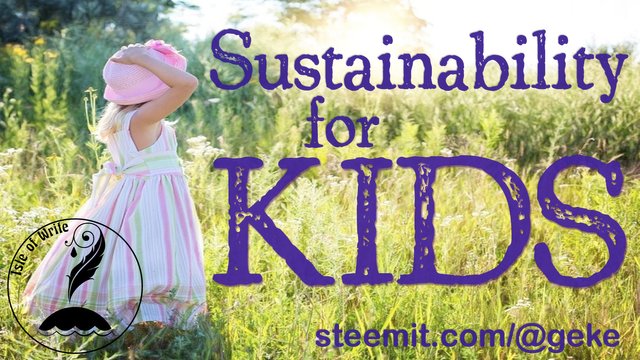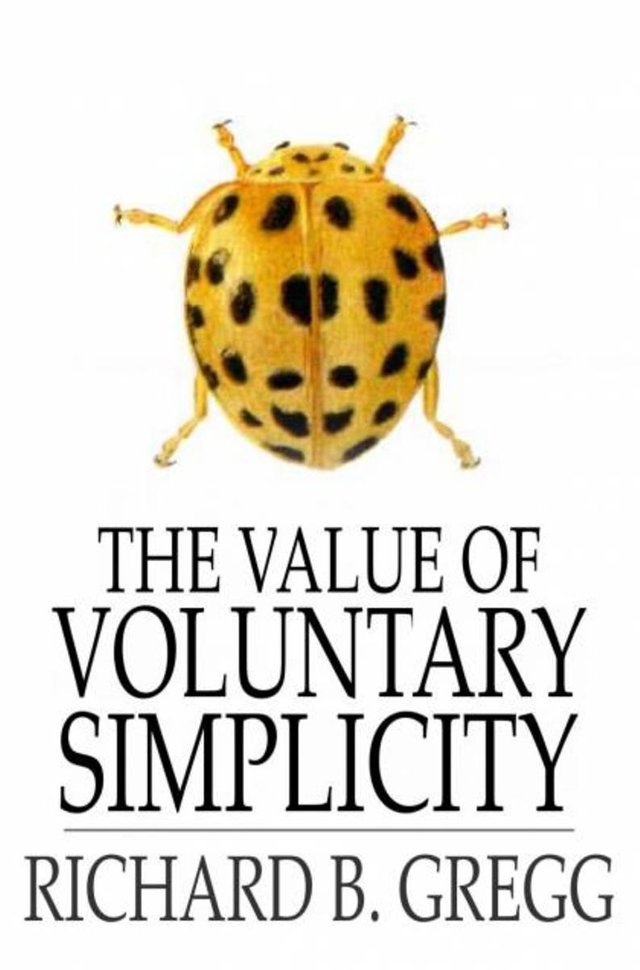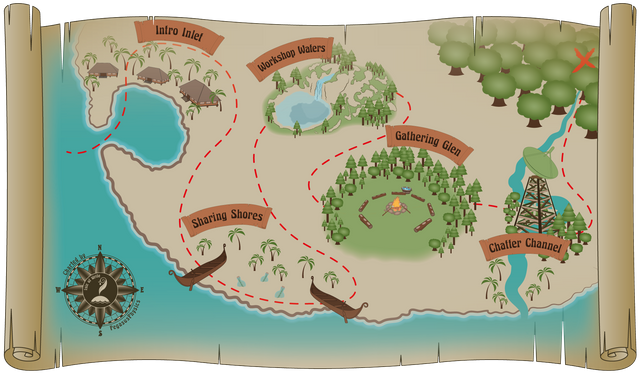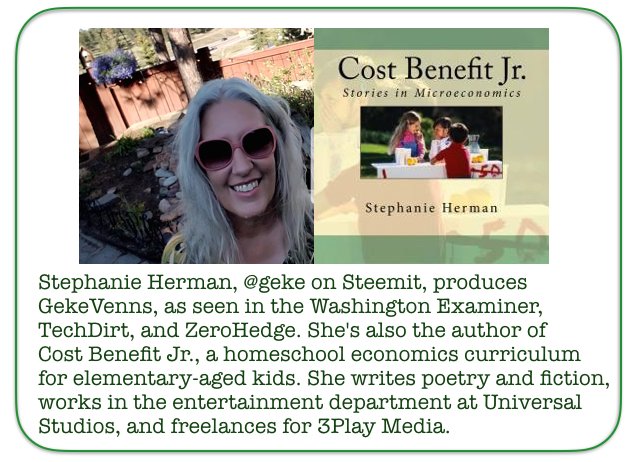Sustainability for Kids: voluntary simplicity

Part 1 | Part 2 | Part 3 | Part 4 | Part 5 | Part 6 | Part 7 | Part 8 | Part 9
Part 10 | Part 11 | Part 12 | Part 13 | Part 14 | Part 15
One important move toward sustainability came in 1936 when Richard Gregg published an essay called “The Value of Voluntary Simplicity.” Richard Gregg was the social thinker who promoted the idea of non-violent resistance that Martin Luther King, Jr. later embraced.
People have come to believe that voluntary simplicity is a strict set of rules, but Gregg believed that “simplicity” would mean different things to different people. Some view voluntary simplicity as a rejection of modern science and innovation. Some view it as a rejection of pursuing wealth. But at its core, the term “voluntary simplicity” can simply mean the voluntary choice to reject the push of consumerism.

For Gregg, simplicity meant a lack of clutter, which is the natural result of this consumerism. He recognized in 1936 that we were being continually encouraged to buy more and more through the psychological advertising Bernays perfected and the economic policies Keynes suggested.
Gregg saw how the economics of his day were backwards:
“Our financial price system and debt structure controls production, distribution, and the wherewithal to pay for consumption. That system operates to cause wheat to be burned in the United States while millions are starving in China; tons of oranges to be left to rot in California while children in our city slums are subject to rickets, bad teeth, and other forms of ill health for the lack of vitamins in those oranges; and so on for a long chapter.” The system he's talking about in 1936 is the New Deal.
He saw that the New Deal was about convincing Americans to continuously buy and consume, and he asked people to take a second look at their clutter and “endless gadgeteering.” A great example of this gadgeteering today might be the fidget spinners that have become all the rage. A lot of money has been spent producing and buying them, but now that the craze is losing steam, these useless objects sit in drawers all over the country collecting dust. This is the type of clutter pushed on us by consumerism that Gregg thought we could easily reduce.
Simplicity for Gregg mostly involved a singleness of purpose and he agreed that purposes for each individual will vary. But we shouldn't let our purpose be sidetracked by the purposes of advertisers and government economists. We shouldn't let their purposes become ours and obey their requests to buy things we don't need.
Above all, he believed that only the individual can decide what he or she needs. It's not a decision that should be forced on anybody. This is where the “voluntary” comes into play. Forcing people to live simply isn't helpful and Gregg quoted Mahatma Gandhi on this idea, referring to something Gandhi actually said to him: “As long as you derive inner help and comfort from anything, you should keep it. If you were to give it up in a mood of self-sacrifice or out of a stern sense of duty, you would continue to want it back, and that unsatisfied want would make trouble for you. Only give up a thing when you want some other condition so much that the thing no longer has any attraction for you, or when it seems to interfere with that which is more greatly desired.”
Gregg wasn't asking us to give up all material possessions and be miserable. He was asking us to be more aware of how cluttered our lives were becoming and to make personal choices about how to simplify our cluttered lives.
And although Gregg was critical of the direction of some technologies of his day, the advent of modern technologies like cryptocurrency and decentralized blockchains are necessary advances Gregg actually predicted would become necessary:
“In addition to the changes in consumption which widespread simplicity would bring about, it will be necessary also to develop great changes in the present modes of production. Decentralization of production would be one of these changes. The social effects of that would be far-reaching and profound. Many other great changes will be necessary, including a different control of large-scale production and of land, and changes in distribution and in money as an instrument and as a symbol.” (emphasis added)
Gregg recognized that decentralization is key to sustainability. We'll explore more about that idea that next time.
This article is one of a series I'm writing for the 30 Day Writing Challenge hosted by @dragosroua. If you want to join, write on a topic that interests you or that you'd like to learn more about and use the tag #challenge30days. As Dragos says, "The key word sequence here is: "write every day."

Think you'd like to wash up on our shore?
The treasure map will bring you right to our door!


i’m looking forward for the next article hehe
Such a wonderful post :)
what just happen ?
I cant @upvote You Why ?
its just loading loading Why ?
A great series, Ill resteem what I can of it. Good work!
sir ur work is great and i appriciate ur start charity..its my 1st coment and i don't like spam and coment again and…